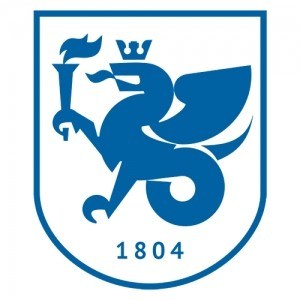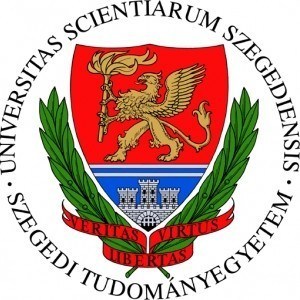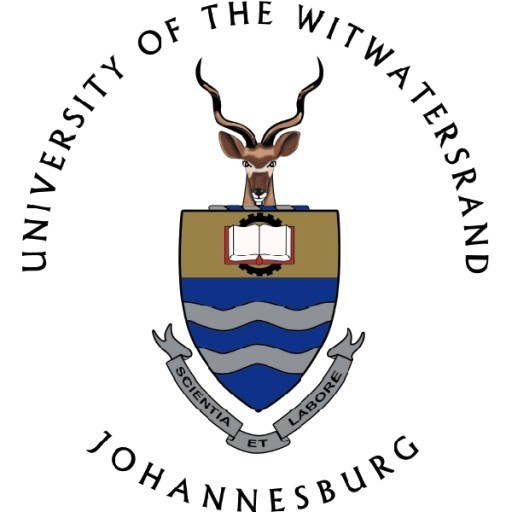Photos of university / #kazanfederaluniversity
The program aim is to prepare professional developers for practical aspects of the medicine: Medical and physical equipment, including experimental techniques for biomedical research; Methods of diagnosing diseases; Methods of study of living systems, including metabolism, medical facilities - biological purpose, waste products of living organisms, toxicology; Physical medicine technologies, etc. Master`s program was created in 2013 for the KFU and international students. The program is running in English. The tutors of the program are leading KFU professors, many of them are members of the outstanding international research laboratories and KFU medical school. Master program contains following special courses:
- Modern Problems of Biophysics;
- Fundamentals of Nuclear Physics for medical applications;
- Optics and laser physics in medicine;
- Physical imaging techniques; Methods of
- Magnetic resonance;
- Special practicum in medical physics;
- Molecular mechanisms of pathology and principles of diagnosis;
- Principles of radiation diagnostics and therapy;
- Methods of processing signals and images in medicine;
- Actual problems of Internal medicine;
- NMR microtomography;
- NMR of biological objects.
The strategic objectives of Master`s program are:
- Training highly qualified professionals and developers for practical aspects of the medicine: medical and physical equipment, including experimental techniques for biomedical research etc. Graduates will be able to use modern methods and technologies to create and develop new research in the field of Life Sciences.
- Achieving world-class quality of scientific research and technological developments, ensuring the development of the resource base of Russia and other regions.
- The introduction of modern high-performance technologies in the field of biomedicine.
|
Course names |
Total workload (hours) |
|
1 term |
|
|
Academic communication |
36 |
|
Modern problems of biophysics |
30 |
|
Optics and laser physics in biomedicine |
24 |
|
Special physical practice |
36 |
|
Molecular mechanisms of pathologies and principles of diagnosis |
24 |
|
Clinics of internal diseases / Clinical anatomy and physiology |
54 |
|
Nuclear magnetic resonance metabonomics / Nuclear magnetic resonance of biological objects |
24 |
|
Research practice |
378 |
|
2 term |
|
|
Philosophy of natural science |
18 |
|
Basics of nuclear physics in application to medicine |
24 |
|
Physical methods of visualization |
24 |
|
Special physical practice |
36 |
|
Law and organizational basics of realization of scientific projects / Law aspects in medical physics |
24 |
|
Radiation physics in medicine / X-ray diagnosis and therapy |
46 |
|
Clinics of internal diseases / Clinical anatomy and physiology |
54 |
|
Pedagogical practice |
108 |
|
Research practice |
270 |
|
3 term |
|
|
Structural biology |
26 |
|
Foreign language |
30 |
|
Magnetic resonance of free radicals / Electronic paramagnetic resonance in medicine |
28 |
|
Magnetic resonance tomography / Nuclear magnetic resonance microtomography |
26 |
|
Positron emission tomography / Computer X-ray tomography |
26 |
|
Bioconstructions and nanomaterials in medicine / Principles and targeted drug delivery systems |
26 |
|
Physics of biomolecular systems / Biomembranology |
26 |
|
Biomechanics |
18 |
|
Medical electronics and equipment |
36 |
|
Research practice |
216 |
|
4 term |
|
|
Research practice |
216 |
|
Undergraduate practice |
972 |
|
State final examination |
216 |
The program duration period will be 2 academic years. The curriculum for the students will include:
- the first fall semester at Kazan Federal University, Russia (September – December, 20NN);
- spring and summer semesters at Kazan Federal University, Russia (January – July, 20NN+1) including internship;
- recess in August, 20NN+1;
- the second fall semester at Kazan Federal University, Russia (September – December, 20NN),
- the second spring semester (January – April, 20NN+2) at Kazan Federal University, devoted to writing and defense of graduate qualifying thesis.
The educational process schedule:
1st year
- 1 semester –from September 1 to January 4, 2017, test examinations from January 5 to January 25, 2016, vacation from January 26 to February 8, 2018;
- 2 semester - from February 9 to May 17, 2018, test examinations from May 18 to May 31, 2018, from June 1 to August 9 is an internship, vacation from August 10 to August 30, 2018.
2nd year:
- 1 semester –from September 1 to December 28, 2018, test examinations from December 29, 2018 to January 4, 2019, vacation from January 5 to January 18, 2019.
- 2 semester - research work from January 19 to May 24, 2019, Final Qualification Work from May 25 to June 21, 2016.
1 test unit = 36 hours
- Applicants must have a qualification/degree corresponding to a 4-year educational program of higher education.
- If English is not the student's native language, then his/her TOEFL examination results (or equivalent) will be no less than 80 for an on-line test, or no less than 5,5 for IELTS. Training within the Program will be given in English.
- Interview
Entrance tests are designed to determine the practical and theoretical training of bachelors and specialists, and are carried out to determine whether the knowledge and skills of students in graduate education requirements toward 03.04.02 - Physics, educational program "Medical physics".
Entrance exams structure.
The first part of entrance exams includes the writing test on physics
The second part includes subject oriented interview in English. For interview it is necessary to prepare essay about yourself including following information:
- education level;
- previous study graduate qualification works;
- subject oriented work experience (company, position, period of work, professional activities);
- explain what was the reason to choice of the educational program.
The maximum score on the entrance examination is 100 points.









